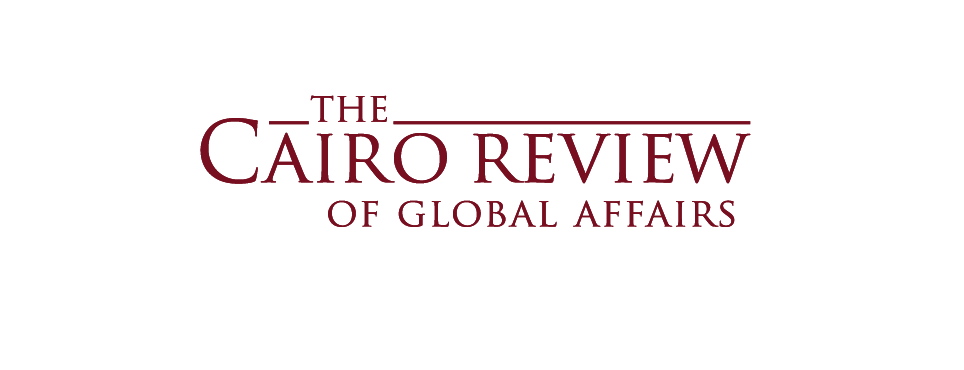An article by Amy Austin Holmes and Hussein Baoumi on The Cairo Review's Tahrir Forum uses GDELT to explore protest trends in Egypt since the Arab Spring. Their article includes this fantastic quote about the special role of "big data" in understanding protest trends and how looking across media globally can offset the kinds of data vacuums that government censorship and interference in the media might otherwise cause:
The data speak to the effectiveness of both media censorship and repression. Within minutes of ousting Morsi, the regime shut down Islamist and Muslim Brotherhood-affiliated television channels. Comedian Bassem Youssef’s Al Bernameg and Reem Maged’s Baladna Bel Masry programs, both critical of the regime, were also subsequently taken off the air. While such blatant media censorship may deprive Egyptians of alternative sources of information—and comic relief—it is also ineffective in the era of big data. Because GDELT derives its information from media sources all over the world, the sheer number of outside media reports can offset censorship within Egypt. There may be fewer media outlets in Egypt reporting about protests, but precisely this censorship may lead to more media scrutiny—and protest reporting—from outside Egypt.
Read the Full Article.
See also coverage in Al Wasat and RASSD.
